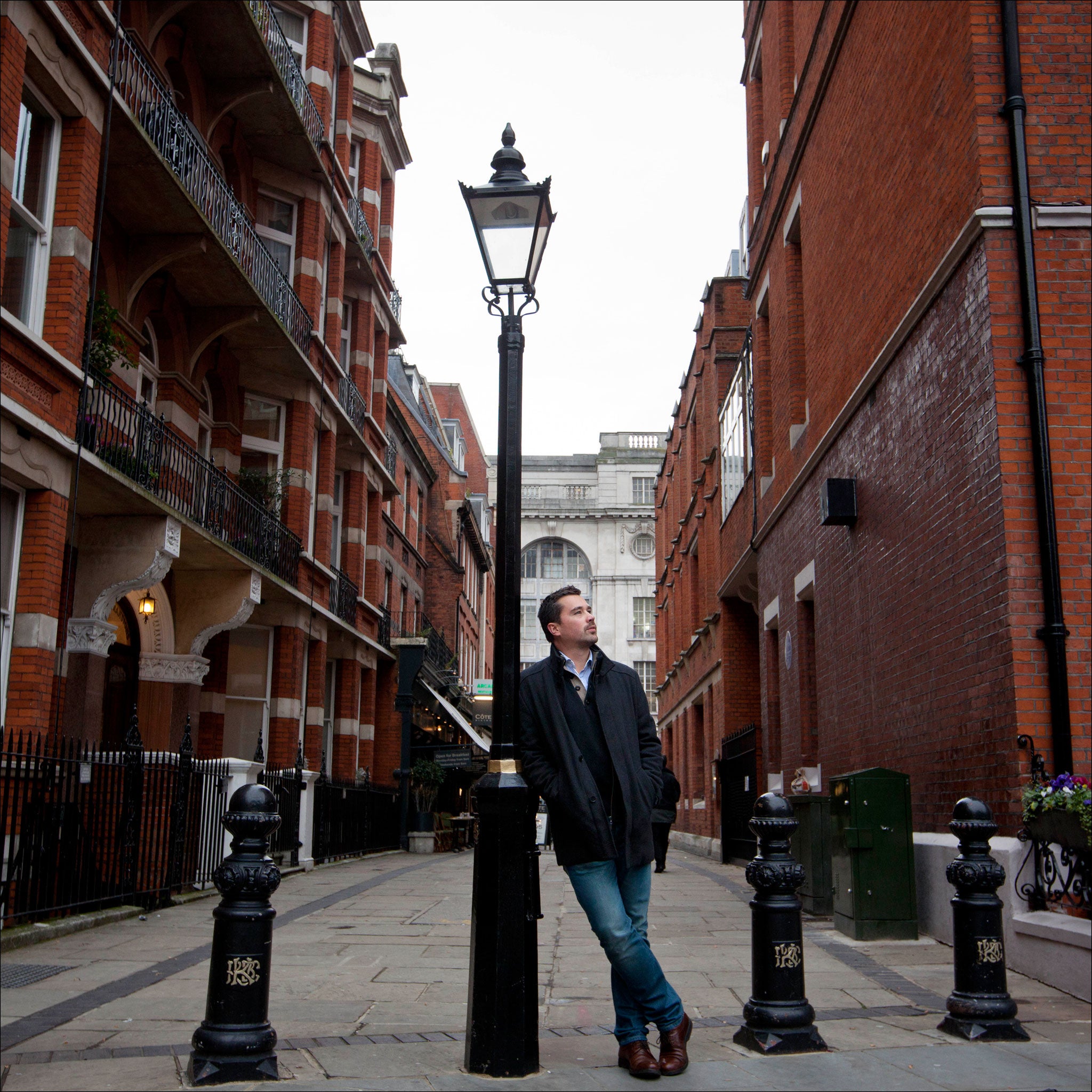The conversation: Environmental activist Laurens de Groot on running from seal clubbers and why you don't mess with Russia

Sea Shepherd would aim to scupper missions by any means, whether it was throwing foul-smelling acid or sinking ships. At what point did you join?
The sinking of the ships was before my time. The collisions and throwing stuff and using prop farming lines; it's debatable whether it's legal but it was in an international whale sanctuary. These are criminals who are hunting an endangered species that is about to be extinct. Criticise us for using drastic measures? I think we're more than justified in using them.
In contrast, ShadowView works closely with other bodies. Why the more collaborative approach?
Activism 3.0, as people like to call it, is all about collaboration. It's not a case of saying, 'We're unique, you have to give us money, we'll make sure everything happens'. Smaller groups fill their niche well and can combine efforts whenever necessary.
It sounds like the ideology that lies behind a lot of tech start-ups.
I've been listening very carefully to that kind of stuff and I think that's the way forward for an environmental group, or anyone who wants to change the world for the better.
What does the average poacher on the ground look like?
In South Africa, they tend to come from Mozambique. They'll have four guys carrying AK47s, one carries a .50 and one carries all the water. They're really a professional team and they're trained soldiers, because they just had a civil war. They're tough: they go out for weeks if they have to.
They sound ruthless.
But you have to remember there are other factors at play: these people live off a few dollars a day and someone comes along and offers them thousands of dollars. They've got a family to feed, what are they meant to do?
Your book ends with you almost getting caught by seal clubbers in Namibia. What happened there?
We turned up to the beach by night but the guards found us. We had to run back to our cars and we drove over the hills using night goggles and GPS, with the police chasing us, trying not to get caught. We got straight back to Windhoek and out of the country.
When you see what's happened with the Greenpeace Arctic Sunrise crew, do you think that could have been you?
Absolutely. Japan certainly had some crazy ideas about boarding our ship and taking it back to port. You'd hope that the international community would step up and do something about it.
In this case, should they do more?
Putin is really trying to step up to the plate and become a new superpower. What you hear a lot is 'Hey, it's Russia. You knew that would happen'. But while we're trying to protect the Arctic, they're increasing their military patrol in the area. Along with the bad conditions, it makes it a pretty treacherous place.
Now that ShadowView is off the ground, are there plans to expand beyond poachers?
At the moment we're trying to set up a pilot project with the Red Cross and we're talking to Free the Slaves, a big organisation, to see if we can help tackle slavery up in Brazil and northern India. Pretty much anything that can save humans, or animals or the environment – we'd like to be involved in it.
Biography
An environmental activist, Laurens de Groot was a member of the controversial Sea Shepherd Conservation Society between 2007-2012. He is the co-founder of ShadowView, pioneering the use of drones to combat poachers in South Africa. ‘Hunting the Hunters’, his memoir of a life as an activist, is out now
Subscribe to Independent Premium to bookmark this article
Want to bookmark your favourite articles and stories to read or reference later? Start your Independent Premium subscription today.

Join our commenting forum
Join thought-provoking conversations, follow other Independent readers and see their replies